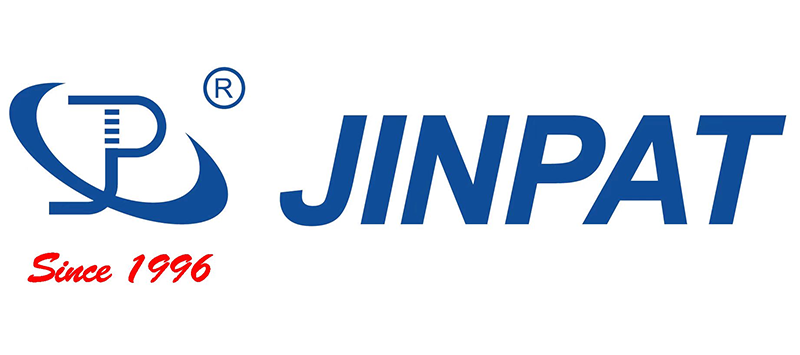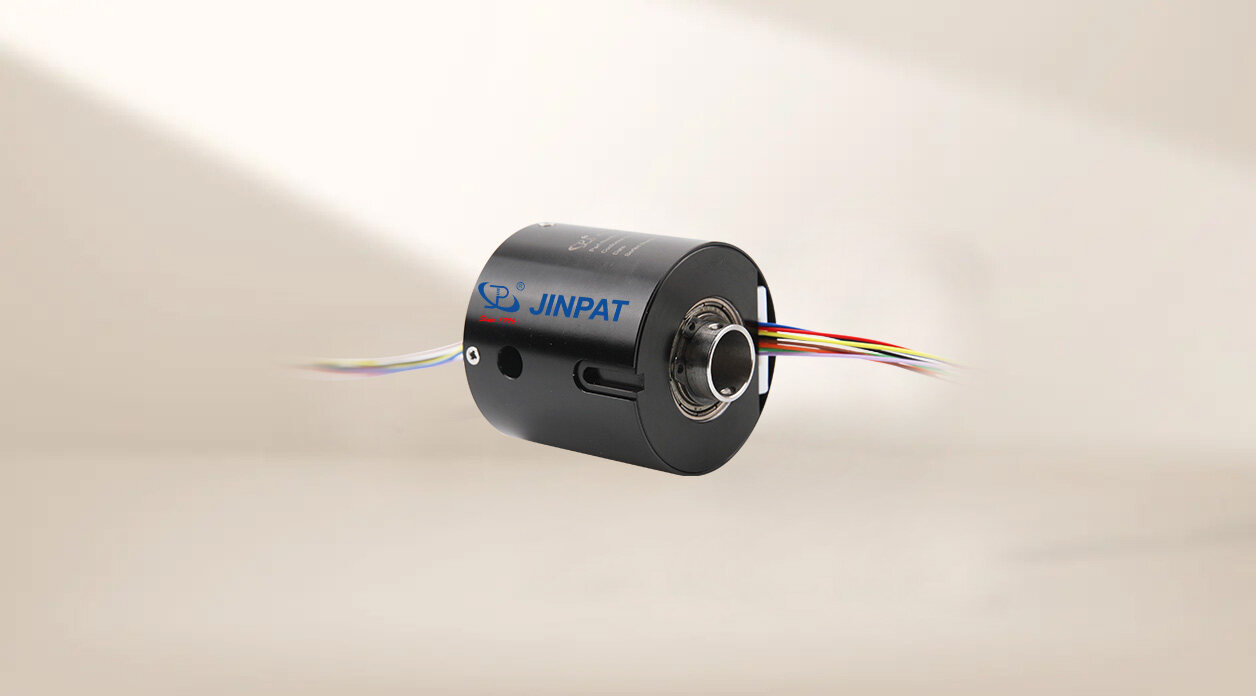Temperature resistance is an important basic performance of many electromechanical equipment. As a component widely used in electromechanical equipment, conductive slip rings sometimes need to have certain temperature resistance performance. For example, in some engineering machinery specially tuned for harsh conditions, the conductive slip rings used require temperature resistance to meet the requirements of operating in the cold areas of Siberia and the hot and rainy regions of Brazil. As an international veteran slip ring manufacturer, JINPAT has developed many conductive slip rings with high and low temperature resistance.
In addition to extreme high and low temperature environments in natural states, many electromechanical equipment operates in artificially set special high temperature environments. The conductive slip rings used on these devices also need to have the same temperature resistance performance as the equipment. In order to achieve the corresponding level of high and low temperature resistance performance, these conductive slip rings require much stricter material selection for key components such as housing, bearings, and brush wires compared to ordinary conductive slip rings. Of course, their mechanism design is also different from ordinary slip rings.
In the temperature resistant conductive slip rings developed by JINPAT, there is a category of products that operate in extreme high and low temperature environments for a long time. Taking the high-temperature roller conductive slip ring developed by JINPAT as an example,it operates in an environment with a constant temperature above 100℃ for a long time. In order to develop this product, JINPAT collaborated with a constant temperature box manufacturer to specially develop an ultra-high-temperature constant temperature life test bench and completed its full-life test overseveral months. However, temperatures above 100℃ do not reach the temperature limit of some electromechanical equipment, and some conductive slip rings may be immersed in environments with temperatures exceeding 200℃.
With the experience of developing high-temperature roller conductive slip rings above 100℃, JINPAT continues to develop slip rings suitable for higher temperature use. This conductive slip ring from JINPAT, which can operate in an environment with superheated silicone oil above 200℃, is a typical successful case. Its model number is LPT012-0802-HT, which is a relatively small-sized product. In order to better observe the wear of the friction pairof the conductive slip ring, this model product is designed with an opening onthe housing, similar to the ultra-high-speed conductive slip ring developed byJINPAT, but with different purposes. The former is used for observation, while the latter is used for observation, heat dissipation, and introduction of cold air.
In addition to conductive slip rings used in specific scenarios or equipment, many conductive slip rings also have very high requirements for temperature shock resistance. Many models of conductive slip rings require the ability to withstand short-term -60℃ to +120℃ temperature shock during design, while some products also require the conductive slip rings to withstand short-term temperature shock of -100℃ to +180℃ in a vacuum environment. With complete high and low-temperature test equipment and an experienced engineering technical team, JINPAT also has the capability to design and develop such conductive slip rings.

